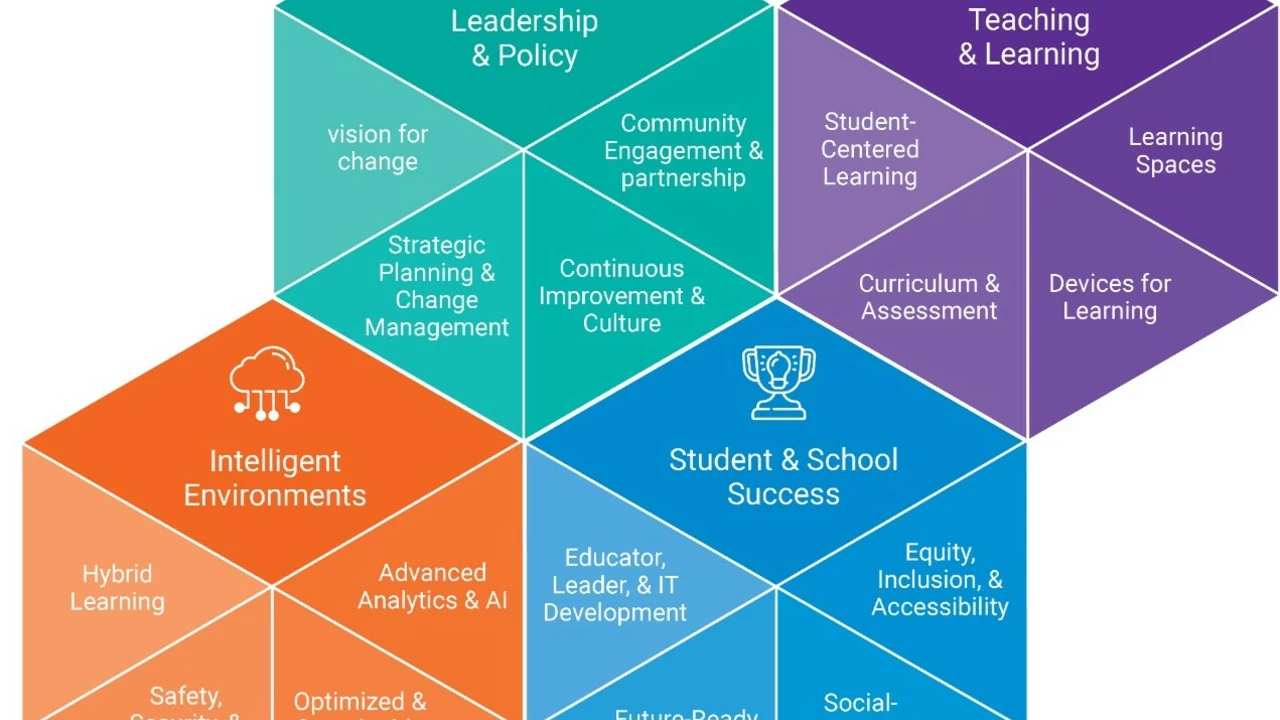The Need for a Fresh Perspective in Education
The landscape of education has undergone drastic changes over the past few decades. The advent of technology, changing societal norms, and the increasing diversity of students have all contributed to this shift. Traditional methods of teaching, which often involve rote learning and a one-size-fits-all approach, are no longer sufficient to prepare students for the real world. Therefore, it's high time to consider whether the education curriculum requires a fresh perspective.
Understanding the Current Education System
The existing education curriculum in most parts of the world was designed in a different era, with different needs and expectations. It was a time when jobs were more specific and required specialized skills. Today, however, the job market has become more fluid, requiring a wider range of skills and adaptability. The current education system, structured around standardized testing and specific subject areas, may not fully prepare students for this new reality.
Importance of Skills Over Knowledge
While knowledge is important, it is the ability to apply that knowledge that truly matters. In other words, skills are as important, if not more, than knowledge. The current education system, however, tends to focus more on imparting knowledge rather than developing skills. This approach may not adequately prepare students for the dynamic and unpredictable future job market.
Building a Curriculum that Reflects Diversity
Today's classrooms are more diverse than ever. Students come from different cultural, social, and economic backgrounds, and they have different learning styles and abilities. A one-size-fits-all curriculum does not cater to this diversity. Instead, a more personalized approach, which takes into account each student's unique needs and abilities, can lead to more effective learning.
Integrating Technology into the Curriculum
We live in a digital age, and technology has become an integral part of our lives. Yet, many aspects of our education system are still analog. Integrating technology into the curriculum can not only make learning more engaging and interactive but also equip students with the digital skills they will need in the future.
Reimagining Assessment Methods
Assessment is a crucial part of the learning process, but the traditional methods of assessment may not provide a holistic view of a student's abilities. Rather than relying solely on standardized tests, alternative methods such as project-based assessments, peer evaluations, and self-assessments can provide a more comprehensive understanding of a student's skills and progress.
Engaging Stakeholders in Curriculum Development
Developing a fresh perspective on the education curriculum cannot be done in isolation. It requires the collaboration of all stakeholders - teachers, students, parents, and the community. Their insights and experiences can provide valuable input in shaping a curriculum that is relevant, engaging, and effective.
Conclusion: The Need for Change is Urgent
The world is changing at an unprecedented pace, and our education system needs to keep up. The current education curriculum, while not entirely obsolete, is not fully equipped to prepare students for the future. It's time for a fresh perspective, one that values skills over knowledge, embraces diversity, integrates technology, reimagines assessment methods, and involves all stakeholders. The need for change is urgent, and it's a challenge that we must collectively rise to.
